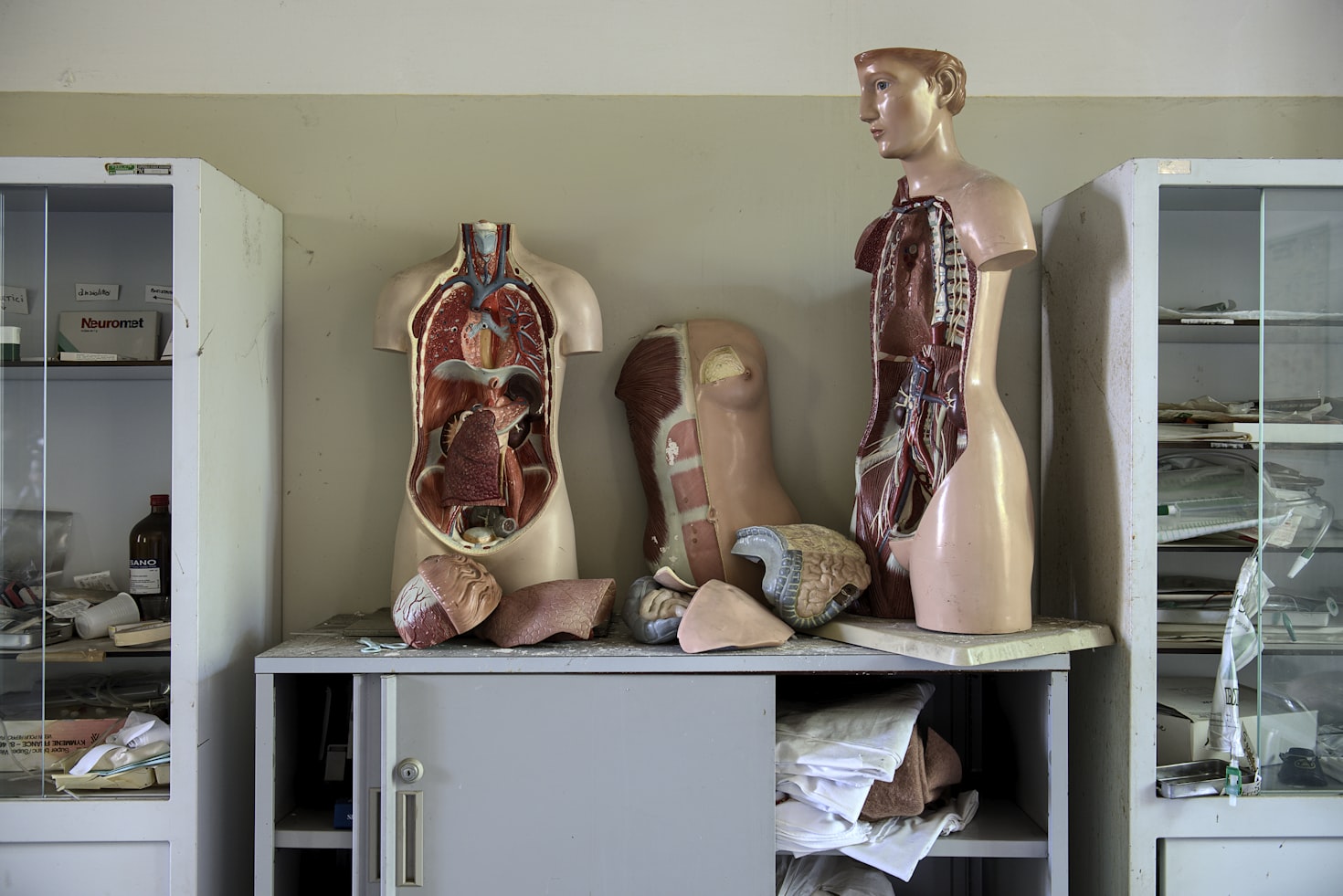What is hepatitis A and B? Does medicine help in this condition? Yes this kind of condition can be treated with medicine along with other needed treatment. Get the Hans Secret hepatitis medicine malaysia.
Hepatitis A: The Explanation

The hepatitis A virus causes a condition called hepatitis A. It is transferred by coming into touch with infected persons, their secretions, or their feces. It affects your liver and normally causes minor symptoms, but it can sometimes be severe and lead to liver failure. Adults are more prone than children to develop severe symptoms.
Hepatitis A, B, and C are all distinct illnesses with distinct symptoms and treatment options. Hepatitis A vaccination does not prevent you against hepatitis B or C. You won’t develop hepatitis A again if you’ve had it previously, but you might still get hepatitis B or C.
Some symptoms:
- Fever, nausea, stomach ache, black urine, and jaundice are all symptoms of jaundice (yellow skin and eyes).
- Hepatitis A symptoms generally appear 2 to 4 weeks after infection.
- Symptoms might persist up to a month. The majority of persons who have hepatitis A recover completely.
Who is in danger?
People who come from or visit impoverished nations with limited access to clean water and sanitation are more likely to have hepatitis A. Children from Aboriginal and Torres Strait Islander families are more susceptible to infection.
Hepatitis A outbreaks can happen at any time:
What Is Hepatitis B

Hepatitis B is the world’s most frequent severe liver infection. Hepatitis B is an infection caused by hepatitis B virus, therefore its name. This virus will damage the liver. Two billion individuals (or one in every three) have been infected with hepatitis B, and around 300 million people have chronic hepatitis B. Hepatitis B kills up to one million people per year, despite the fact that it is preventable and curable.
Hepatitis B is spread by coming into touch with contaminated blood or body fluids. Because of the blood exchange that occurs between mother and baby after birthing, the virus is most typically transferred from an infected pregnant woman to her infant. It may also be spread via sharing personal objects including razors, toothbrushes, nail clippers, and body jewelry, as well as unsterile medical or dental equipment, unprotected intercourse, or unsterile needles.
Hepatitis B is known as a “silent epidemic” since most persons who are newly infected or have been sick for a long time do not show any symptoms. As a result, individuals may inadvertently transfer the virus to others, contributing to hepatitis B’s quiet spread.
Hepatitis B can be prevented and treated, which is excellent news. Hepatitis B infection can be diagnosed with a simple blood test.
Your Liver and Hepatitis B
Because the liver is such an essential organ, humans can only survive for one or two days if it totally shuts down; if the liver fails, the rest of your body would as well. Fortunately, even when up to 80% of the liver is damaged or destroyed, it may still function. This is due to its incredible capacity to repair – or build – itself from healthy liver cells that remain.
Read more here.









